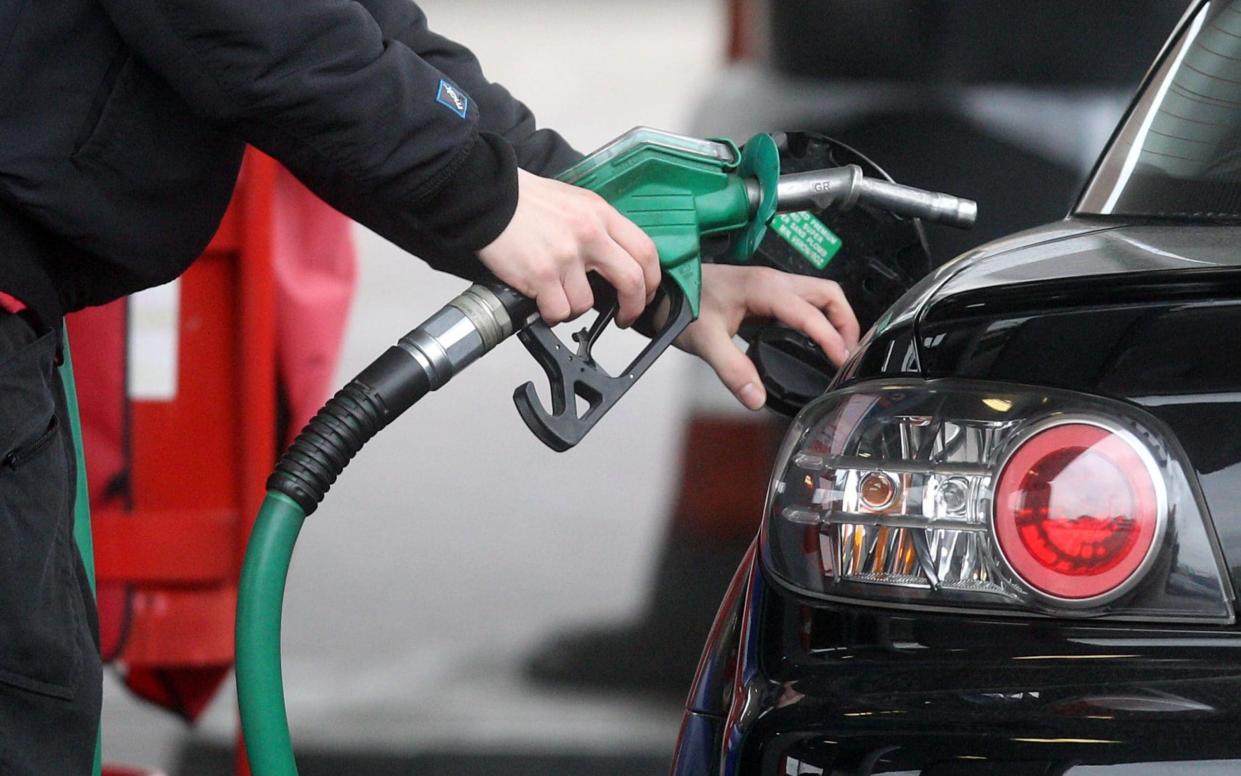Diesel prices surge to record high

Diesel prices have hit a new record high as the Chancellor’s 5p cut to fuel duty fails to stop carnage in global markets from hitting drivers in the pocket.
The price of a litre jumped to 180.29p this weekend, according to the RAC, which warned the cost of refilling the tank is likely to rise further.
It means a motorist filling up with 55 litres can expect to pay just over £99 at the pump.
Petrol currently costs 166.65 per litre, a rise of 3pc this month and close to its all-time high of 167.3p from late March.
Simon Williams at RAC said diesel’s continued surge is in part due to the significance of Russia in the supply chain for the fuel.
“Sadly, despite the Chancellor’s 5p a litre duty cut the average price of a litre of diesel has hit a new record high at 180.29p. Efforts to move away from importing Russian diesel have led to a tightening of supply and pushed up the price retailers pay for diesel. While the wholesale price has eased in the last few days this is likely to be temporary, especially if the EU agrees to ban imports of Russian oil,” he said.
“Unfortunately, drivers with diesel vehicles need to brace themselves for yet more pain at the pumps. Had Mr Sunak reduced VAT to 15pc as we call on him to do instead of cutting duty by 5p, drivers of diesel vehicles would be around 2p a litre better off, or £1 for every full tank. As it is, drivers are still paying 27p VAT on petrol and 29p on diesel, which is just the same as before the Spring Statement.”
At the time of the tax cut, Rishi Sunak called it “The biggest cut to all fuel duty rates – ever.”
Petrol makes up almost 2pc of the basket of goods used by the Office of National Statistics to calculate inflation, with diesel making up another 1.1pc.
It means sharp changes in these prices add significantly to the official cost of living index, which hit 7pc in March and is expected to go up by more than 9pc in April when the figures are published on Wednesday.
This is well above the Bank of England’s 2pc target, raising pressure on the Bank to do more to tackle runaway price rises - despite the difficulty of influencing fuel costs which are largely determined by global markets.

